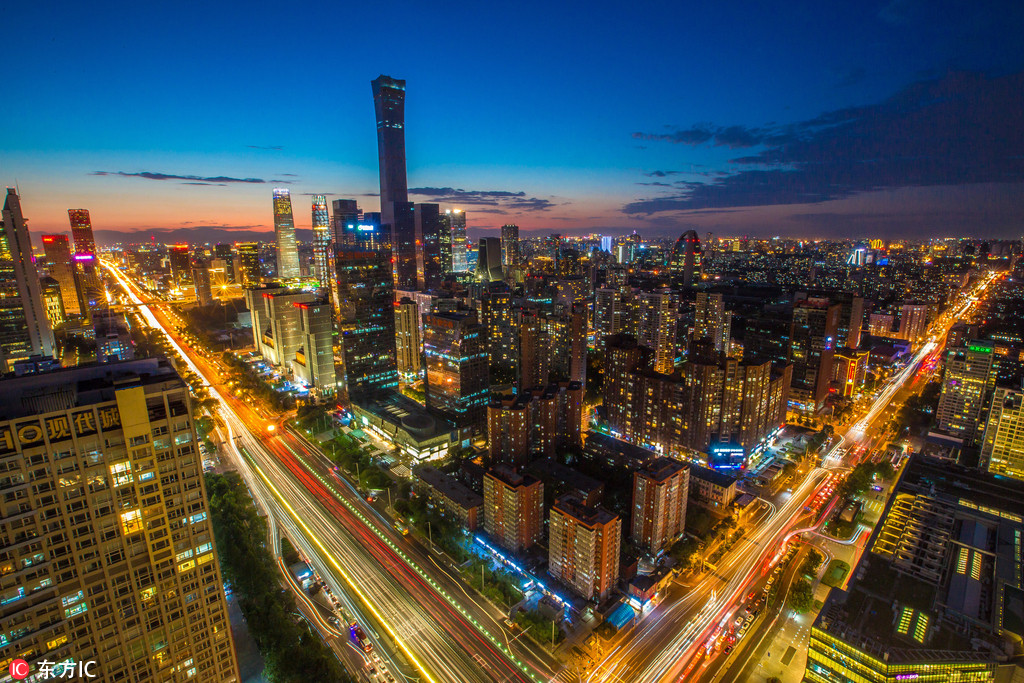CEOs need to empower their people


While the Chinese economy grows steadily, the spotlight has turned to the question of whether Chinese CEOs can lead and maintain the growth of their companies. And if they can, can they do so in a way that doesn't create stress for themselves and their companies?
China has a long history of overwork. "In the last 30 years, no one has been able to find a work-life balance," Zhu Xinli, the founder of China's largest privately owned juice producer, Huiyuan Juice, told me. Being busy has long been seen as a mark of success and dedication.
Nowadays, the perception is that owners believe their staff should give everything to their company.
Western CEOs also face pressure and work the 996 schedule-9 am to 9 pm, six days a week-but many are trying to address their work-life imbalance. Furthermore, the sources of stress and factors that compound stress differ greatly when compared with their Chinese counterparts.
Leaders of Chinese companies are trying to build pan-China businesses and take their businesses global. There's also the consideration of succession from first to second generation leaders and the challenge that is often presented when a senior management executive from outside the family proves ineffective. Then the question arises: How do we keep the entrepreneurial spirit and growth without the CEO being at the center of everything?
This is what I call the Crazy 8: A company experiences exponential growth until the CEO realizes he can't handle all decisions that need to be made. When a company hires a senior management executive from outside, the traditional corporate processes the executive brings may not fit into the entrepreneurial mindset of the company. The entrepreneur might then sack the executive and take back control of the company only to see these issues recur as the company continues to grow. The challenge for a CEO is to find the right kind of leaders who can work in unison with them to deliver growth.
The frustration over a company's growth can have an impact on a Chinese CEO's stress. How they try to spur growth demonstrates a key difference between them and Western CEOs.
It is common to see Western companies organized under collegiate models of management, distributing workload and emotional issues that are encountered during a period of flux. This better enables a team to work together to overcome the Crazy 8.
Chinese executives take too much responsibility on their shoulders rather than delegating it to the right people. Executive teams are almost always organized in a hub and spoke model, in which the CEO is at the center with the executives around him. This model instills fear rather than mutual trust and casts the CEO as the hub of knowledge and the ultimate person to blame when growth is stalling.
Consequently, the staff do not feel empowered to perform and make decisions, and the CEO doesn't trust his people, particularly when it comes to sharing that he is stressed. This leads to the CEO taking on more work and eventually burning out.
In contrast, Western CEOs are often motivated by a desire for inclusiveness and a care for people. There's also a strong streak of innovation, meaning they take risks and find ways to inspire growth when the industry slows.
Our solution starts by leaders looking at the bigger vision of the future, around which the executive team and the staff can rally. This needs to be complemented by an atmosphere of fellowship where, in contrast to the hub and spoke model, everyone works together, supports one another and reduces blame culture and micro control. This also requires a CEO to empower his people, give them respect and believe in them.
Only in this atmosphere of mutual support and shared vision can companies execute disruptive moves, which require CEOs to take a risk. With other people reducing the CEO's workload, they can give more thought to their own physical and emotional well-being.
Finally-and unique to Chinese CEOs-they can reconnect with traditional philosophy and values, and find harmony in life. Leaders need to find balance and harmonize masculine energy required for drive and feminine energy for perspective.
The author is the founder and CEO of Xinfu, a consultancy firm. The views do not necessarily reflect those of China Daily.

































